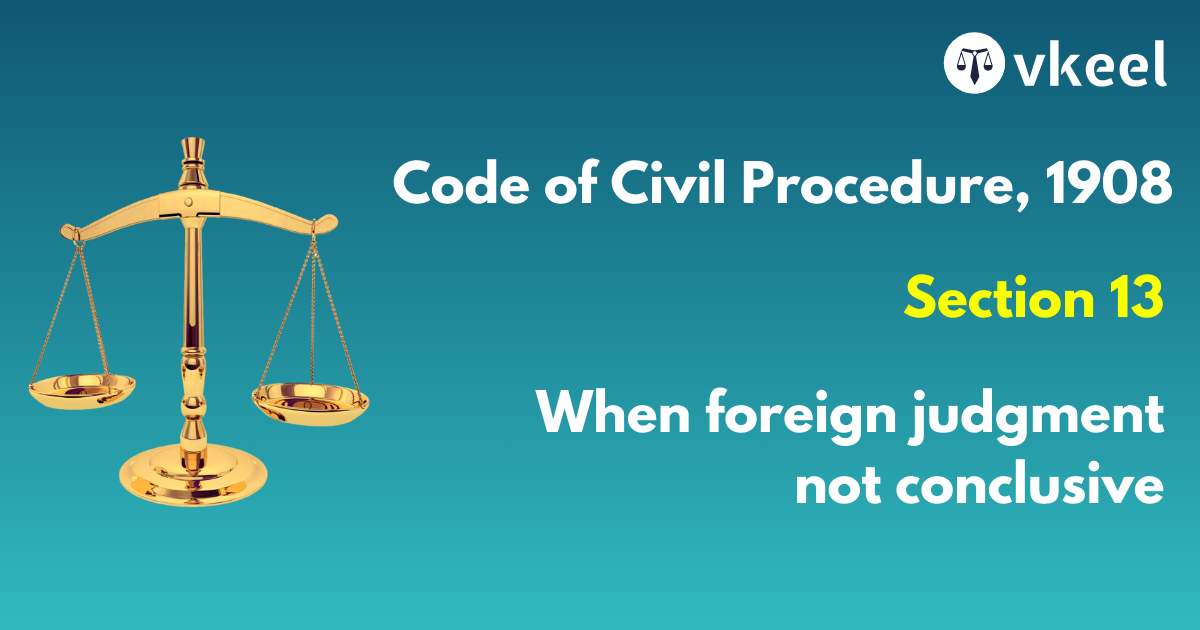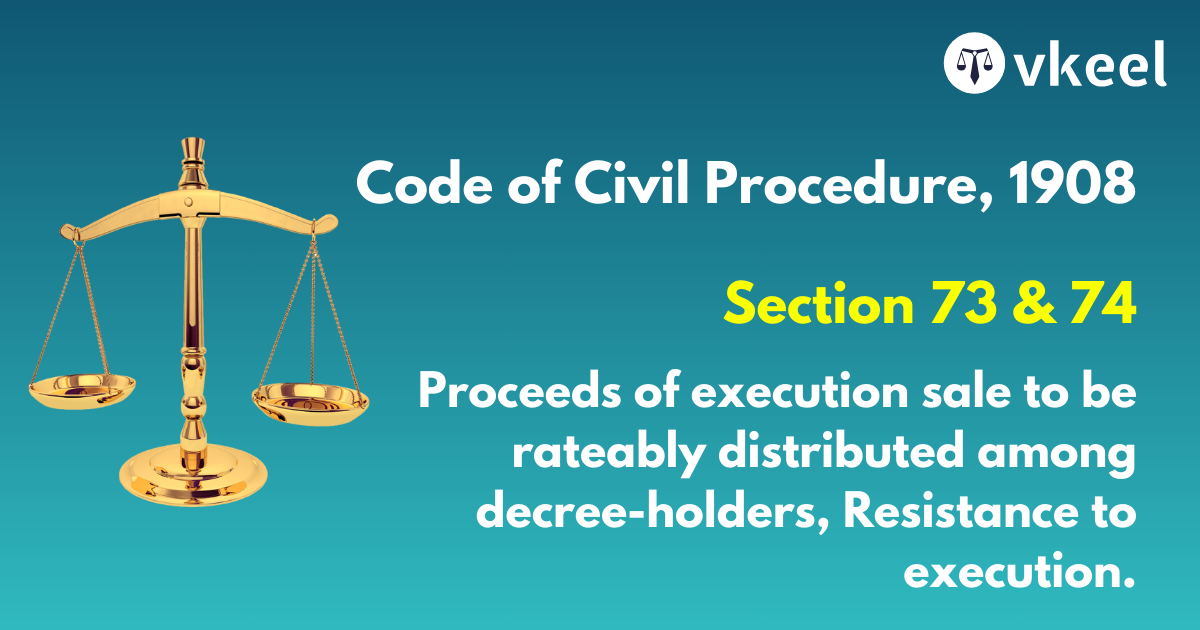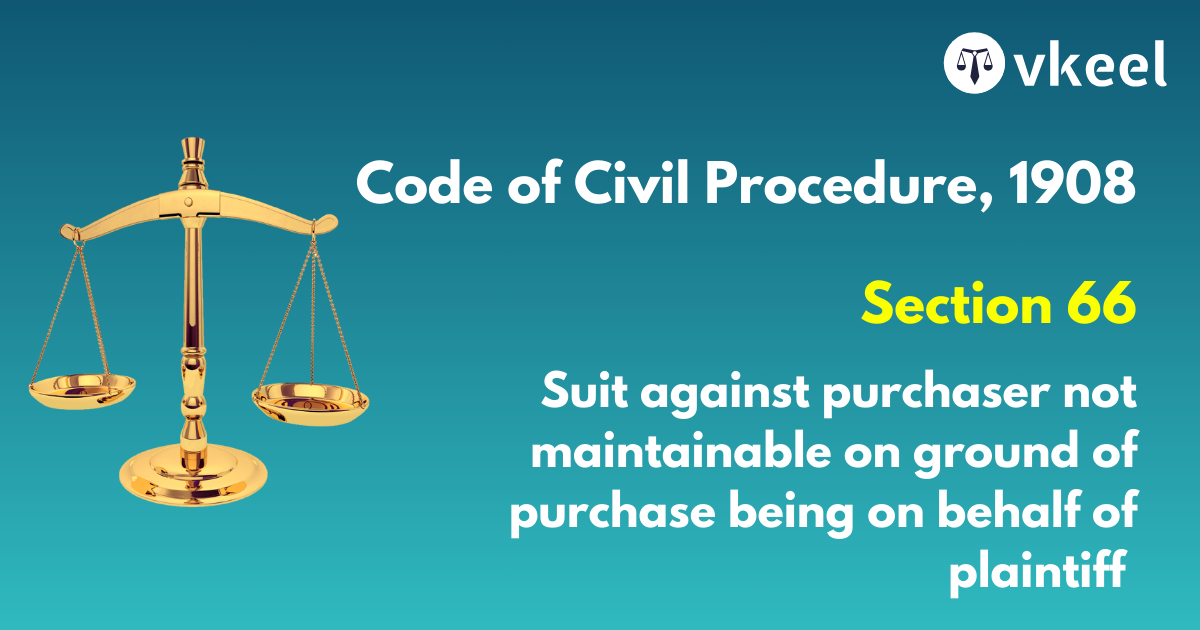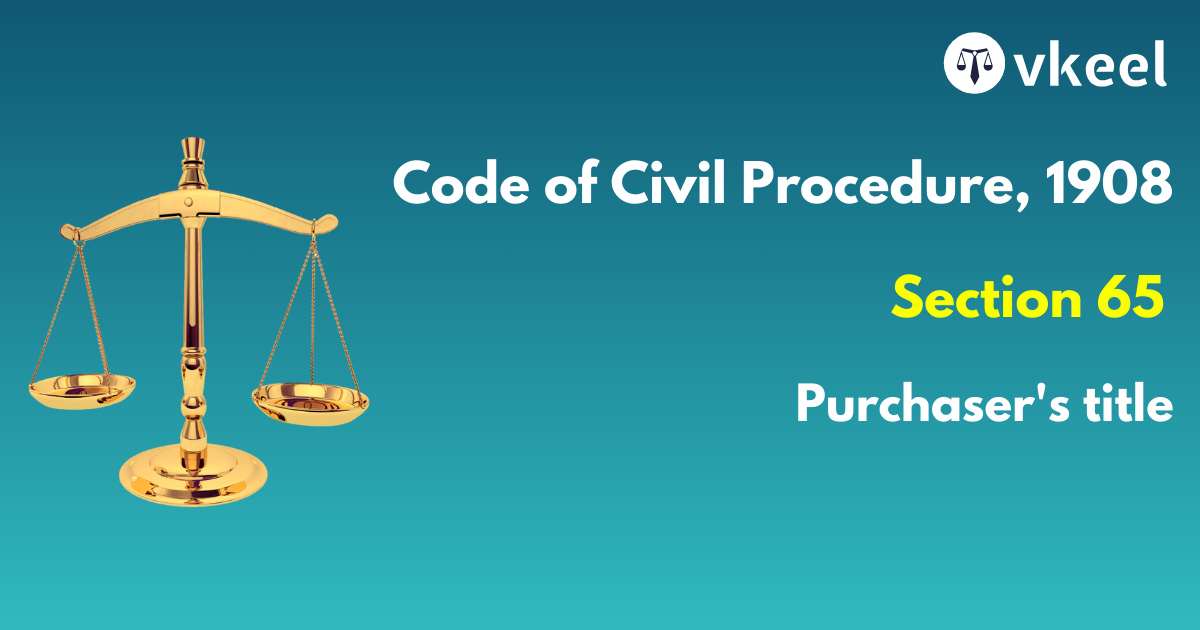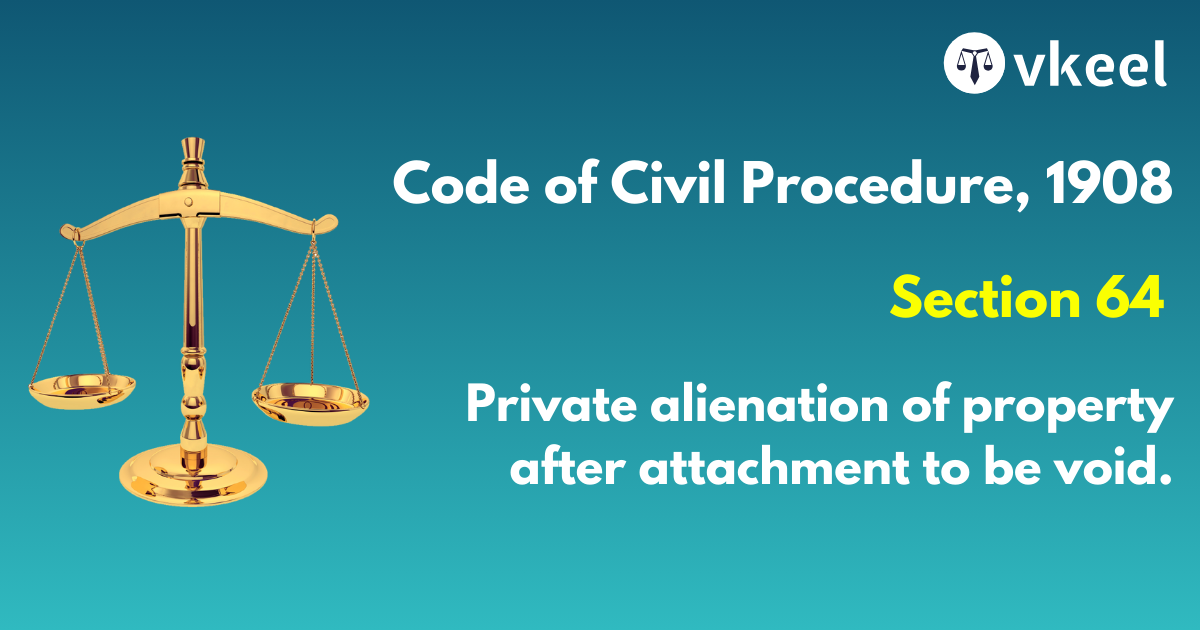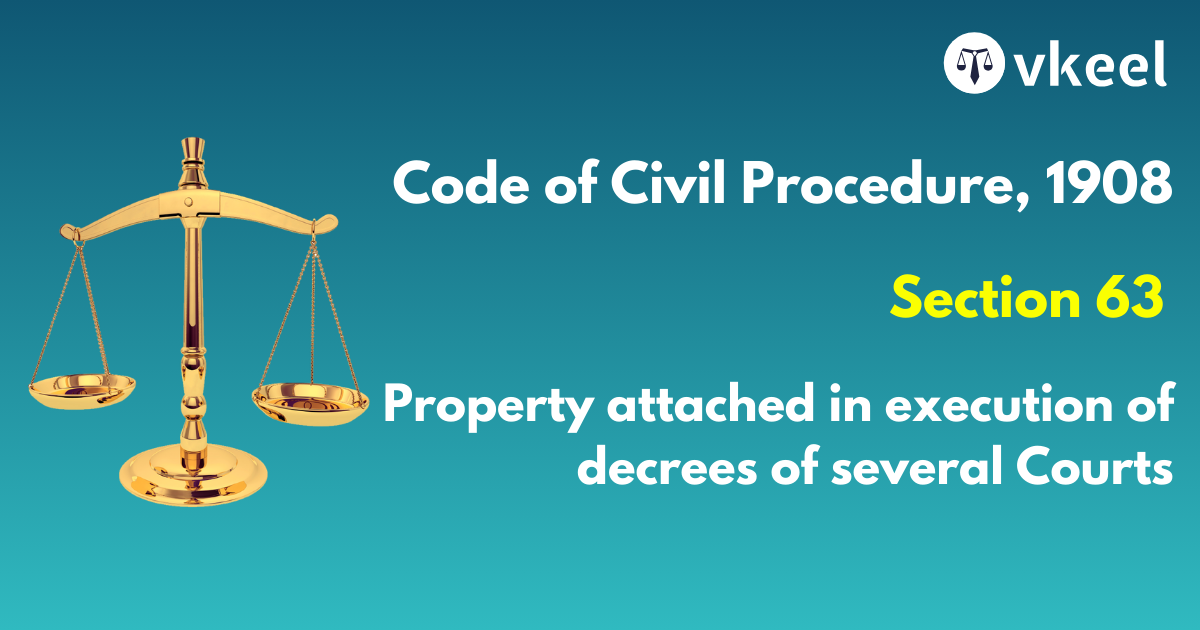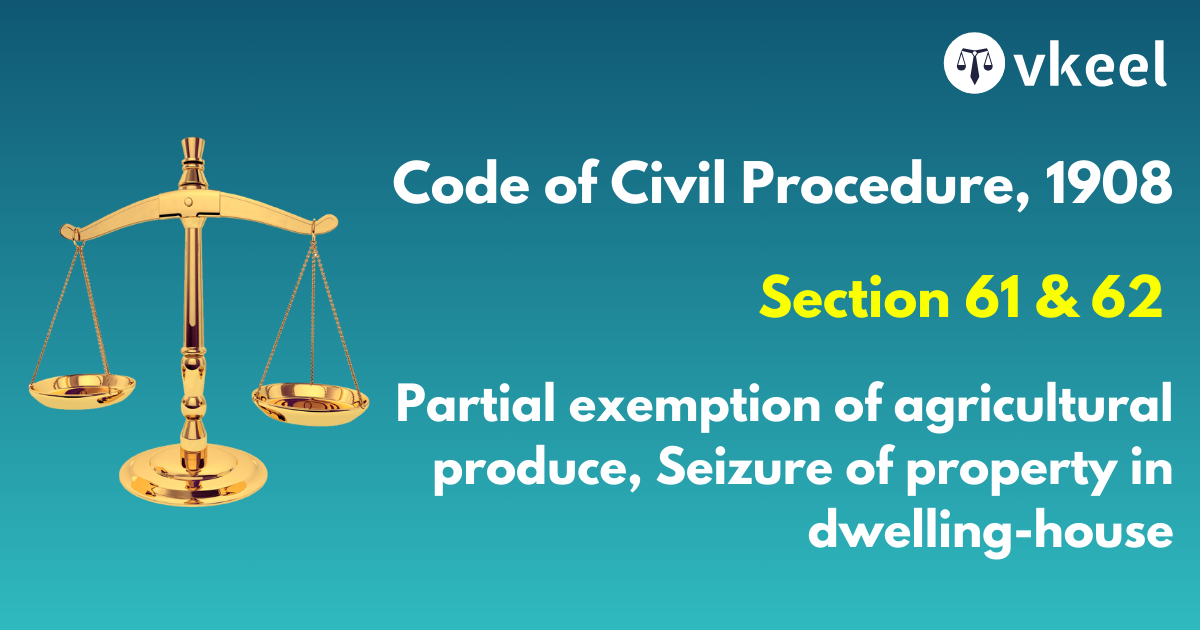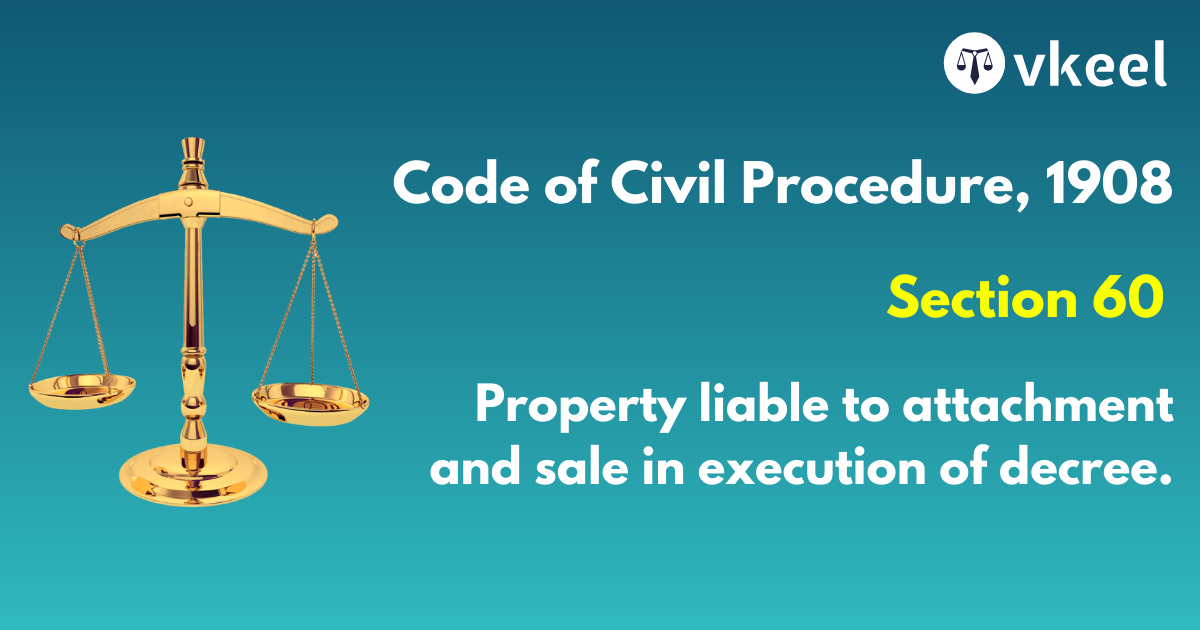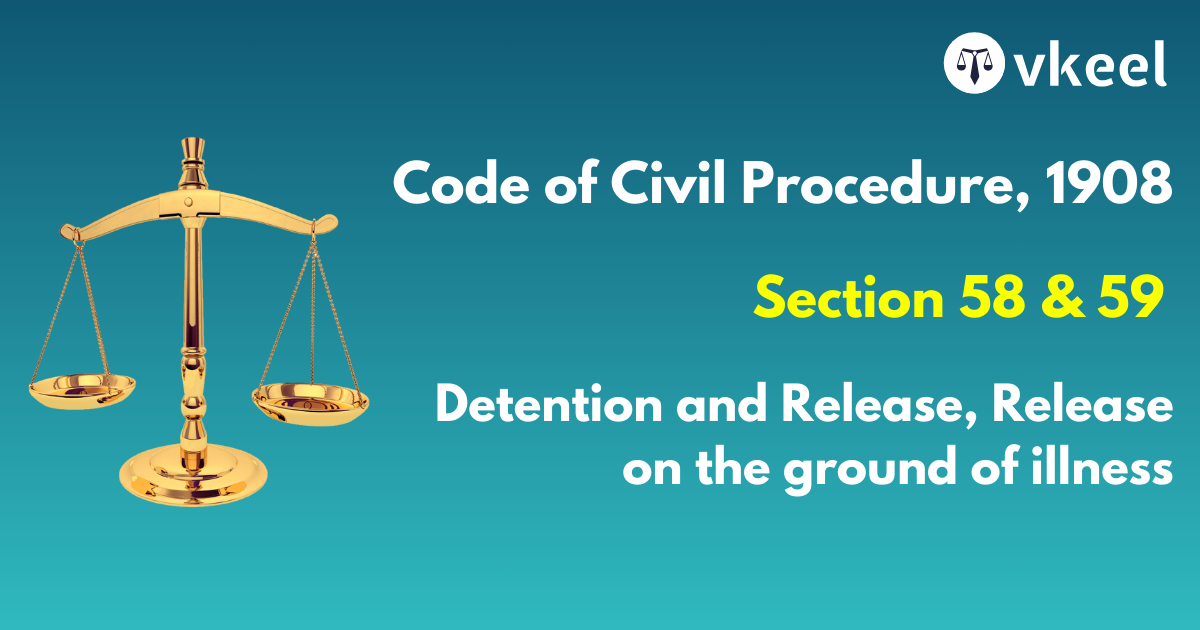Section 13 Code of Civil Procedure,1908 – When foreign judgment not conclusive
By Joy Puri
Table of Contents
Introduction
The fundamental pillar of Section 13 is based on the idea to apply the rule of Res Judicata in context of the foreign judgements in the country.
The provisions thus also reflects the principle of Private International Law which states that the judgement which has been established by a court of foreign land, of requisite jurisdiction can be thereby held valid in the Indian Court of Law.
Section 13 of the Code of Civil Procedure
13. When foreign judgment not conclusive—
A foreign judgment shall be conclusive as to any matter thereby directly adjudicated upon between the same parties or between parties under whom they or any of them claim litigating under the same title except—
(a) where it has not been pronounced by a Court of competent jurisdiction;
(b) where it has not been given on the merits of the case;
(c) where it appears on the face of the proceedings to be founded on an incorrect view of international law or a refusal to recognise the law of India in cases in which such law is applicable;
(d) where the proceedings in which the judgment was obtained are opposed to natural justice;
(e) where it has been obtained by fraud;
(f) where it sustains a claim founded on a breach of any law in force in India.
Rationale behind Section 13
The Code of Civile Procedure, 1908 with the help of the aforementioned provision entails the balance to manage the harmonious relations in between the countries.
It is not whether the foreign court has to be consistent with the Indian laws for its judgement. Rather what is material to the fact is whether the court possessed a competent jurisdiction in the foreign land.
The provision tends to safeguard the Indian Legal Principles and thereby promoting the legal certainty and stability of law and order in the nation.
Landmark Case Laws
In the landmark case of Vishwanathan Vs Abdul Wajid the court of law stated,
A foreign judgment is conclusive as to any matter directly adjudicated upon, but it does not include the reasons for the judgment. Section 13 in essence enacts a branch of the rule of res judicata in its relation to foreign judgments. The expression “matter” is not equivalent to “subject-matter”; it means the right claimed. The rule of conclusiveness of foreign judgment in section 13 is somewhat different in its operation from the rule of res judicata. The rule of res judicata applies to all matters in issue in a former suit and includes matters which might and ought to have been ground of attack or defence in the former suit. The rule of conclusiveness of foreign judgment applies only to matters directly adjudicated upon. Manifestly, therefore, every issue finally heard and decided in a foreign court is not conclusive between the parties. What is conclusive is the judgment.
Radhamani India Ltd. Decree Holder v. Imperial Garments Ltd., AIR 2005 Cal 47.
“Decree of nature mentioned in section 44A can be filed in a competent District Court in India without first putting it into execution in Court which passed it Section 44A does not say that before filing a decree in a competent District Court in India, the decree-holder is required to put it into execution in the Court which passed it. From it, read with section 13, it appears that the legislature intended to give two options to the decree-holder- (1) to execute the decree through the Court which passed it, or (2) to execute it wholly or partly through a competent District Court in India. The purpose of section 44A will be defeated, if it is held that a decree of the nature mentioned in it cannot be filed in a competent District Court in India without first putting it into execution in the Court which passed it.”
Roshanlal Vs Mohan Singh, 1975
Where, however, the foreign judgment-debtor had deposited money in the foreign court and agreed that the deposit be adjusted in pro tanto satisfaction of the decree in pursuance of which the decree-holder applied for payment and adjustment, in the suit filed in India by the decree-holder to enforce that decree the courts here will give credit to the judgment-debtor for the amount deposited on equitable considerations even without any order of adjustment of the foreign court with a direction that only the decree-holder would be able to withdraw the deposit.
Anoop Beniwal Vs Dr Jagbir Singh Beniwal,1990
In a matrimonial action, the ground of cruelty under section 13(1)(ia) of the Hindu Marriage Act is covered by the Matrimonial Causes Act, 1973, it cannot be said that the court in England refused to recognise the law in India.
Anubha Vs Vices Aggarwal, 2003
A decree of divorce passed by American Court on a ground not available under the Hindu Marriage Act, parties being Hindus, marriage was solemnized according to Hindu rites, the wife did not submit to the jurisdiction of Foreign Court, is neither recognizable nor enforceable in India.
Conclusion
Section 13 of the Civil Procedure Code has been thereby designed to facilitate the recognition of foreign judgments while on the other hand protection against judgments that might undermine the principles of natural justice, jurisdiction, and public policy in India.
Understanding the fragments of this section stands crucial and essential for parties trying to enforce foreign judgments within the Indian legal domain.
Disclaimer:
The information provided in the article is for general informational purposes only, and is not intended to constitute legal advice or to be relied upon as a substitute for legal advice. Furthermore, any information contained in the article is not guaranteed to be current, complete or accurate. If you require legal advice or representation, you should contact an attorney or law firm directly. We are not responsible for any damages resulting from any reliance on the content of this website.

